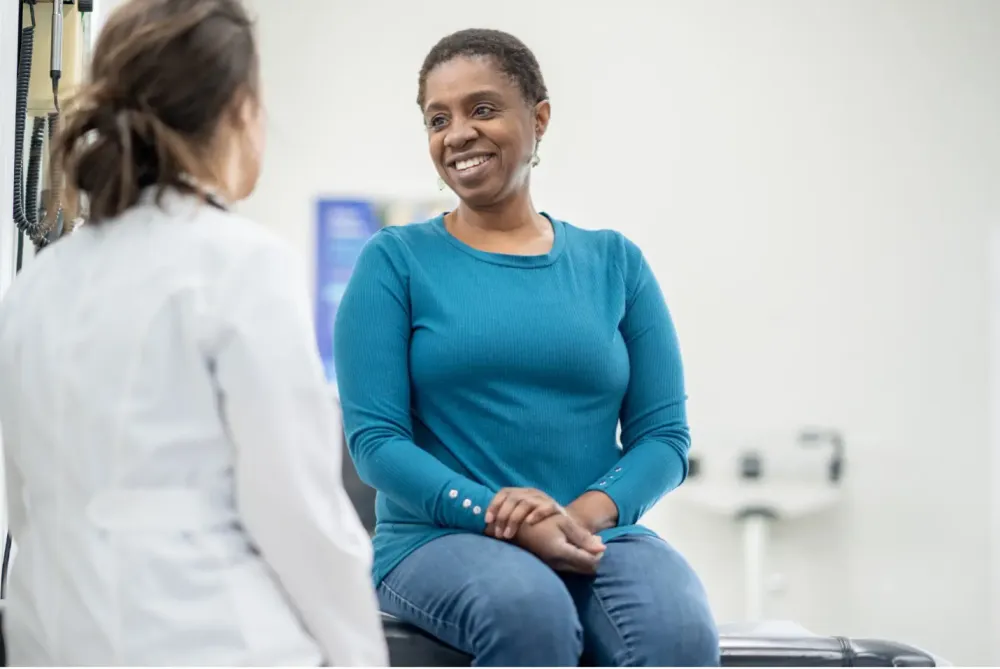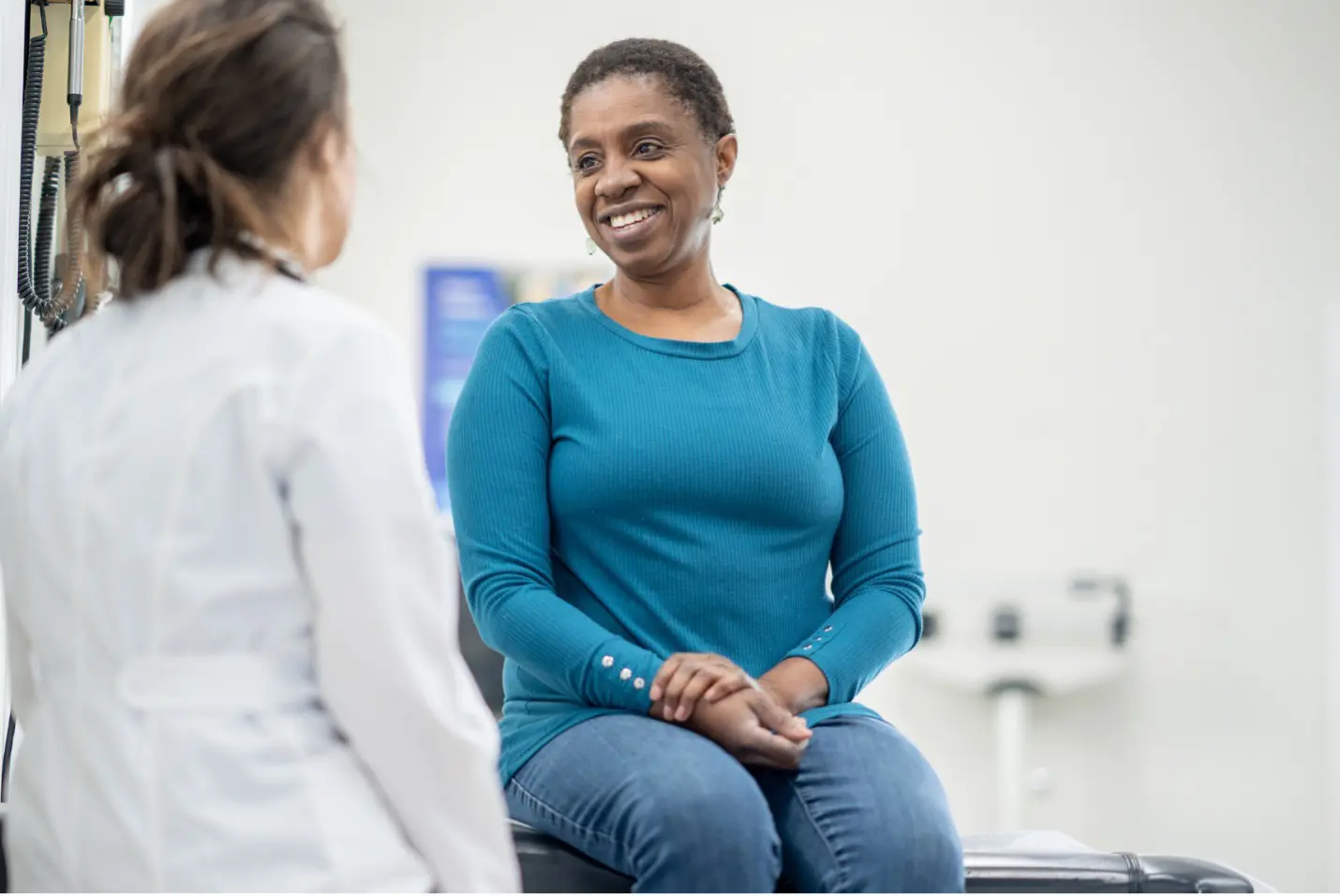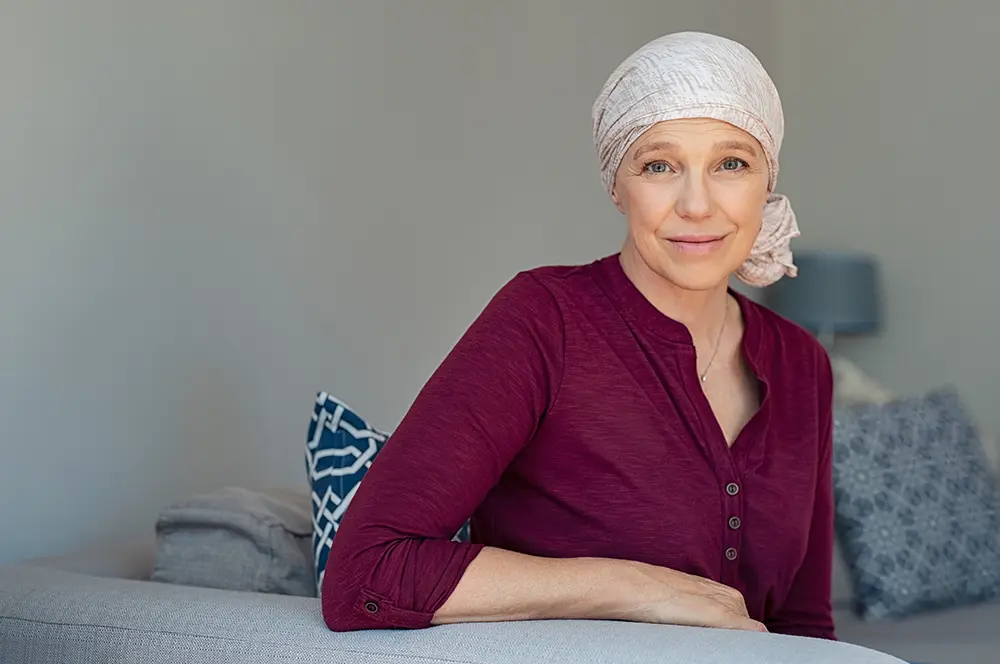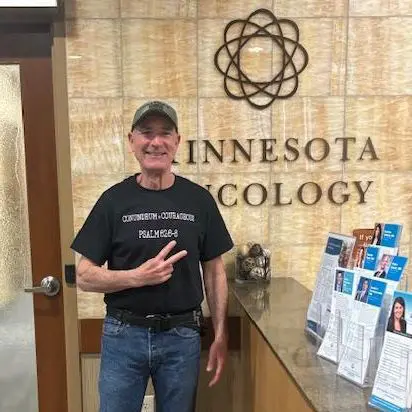Completing cancer treatment is a major step in your cancer journey, and it’s normal to feel some apprehension about what’s next. Transitioning to follow-up care is a crucial part of your recovery, ensuring you stay healthy and empowered in the days to come.
Follow-up care is a personalized plan designed to monitor your health post-treatment, manage any lingering side effects, and catch any signs of cancer recurrence early. This phase typically includes regular check-ups, tests, and screenings, all tailored to your specific needs. Your healthcare team will work closely with you to ensure you receive the best possible care and support.
What Healthcare Providers Will I See After My Treatment?
Who manages your care after your cancer treatment ends can depend on a few different factors, including your type of cancer, the type of treatment you received, any side effects you experienced, your health insurance, and your own preference. Your care may be managed by:
- Your oncologist
- Your primary care physician
- A survivorship clinic specializing in follow-up care
It’s important to ensure that each healthcare professional you see has all your relevant medical information. Keep a cancer treatment summary that includes the date of your diagnosis, the type and stage of your cancer, a list of treatments you received, and the results of any tests. Once you have a survivorship care plan in place, you should also make note of check-up schedules, tests, additional treatments, and recommendations for your health.
You can also ask your doctors to share notes with each other. This ensures that everyone taking care of you is on the same page.
How Often Will I See My Provider for Follow-Up Care?
Your follow-up care schedule will depend on the type of cancer you had, the treatment you received, and your overall health. For most people, this means follow-up appointments three or four times a year for the first two or three years following treatment. After that, you may have a follow-up appointment once or twice a year.
These follow-up appointments may include blood tests and other tests as appropriate for your specific healthcare plan. It’s also important to continue seeing your primary care provider and other physicians for your routine, non-cancer related care.
How Will I Manage Lingering Side Effects and Symptoms?
Even after treatment, some side effects that began during treatment might linger—these are referred to as long-term side effects. Some side effects, known as late side effects, can start months or years after you complete treatment. Both types of side effects can include physical and emotional symptoms. Your provider can give you more information about your risk of developing these side effects and will recommend any additional follow-up care to monitor any symptoms.
How Will My Care Team Monitor for Recurrence?
After treatment, your care team will watch for signs of cancer recurrence. Although there is no way to predict if your cancer will come back or not, any treatment you pursued made this risk as low as possible for your diagnosis. Some people may also be at risk of developing a second, unrelated cancer. Your provider can answer any questions you may have about your risk level.
To monitor for signs of cancer after treatment, your provider will ask questions about your health and may order blood or imaging tests as appropriate. You may be asked to watch for specific signs or symptoms. You may also need additional cancer screening for other types of cancer.
What Questions Should I Ask My Provider?
As you head into follow-up care, it’s important to communicate any concerns or questions you may have with your healthcare provider. They can help guide you through your care plan and help you make informed decisions about your care.
You may consider asking your provider:
- What support services or survivorship resources are available to me?
- Do I need any additional cancer screening? Do I need to adjust how often I am screened for certain cancers?
- How do I get a copy of my cancer treatment summary and my survivorship care plan?
- How can I make sure my information is shared between my healthcare providers?
- What symptoms should I look out for?
- What are my risk factors for cancer recurrence?
Questions You Should Ask Your MD After Cancer Treatment
Contact Your Provider If You Have Questions About Follow-Up Care
While transitioning to follow-up care after cancer treatment can be a journey filled with hope, you may also feel some uncertainty and anxiety about what comes next. As you embrace this new chapter, remember that you are not alone—your healthcare team, loved ones, and fellow survivors are here to support you every step of the way.
Minnesota Oncology is an independent practice located in the Twin Cities area. To learn more about our team and how we can help you with treatment and supportive care services, please call (844) 317-4673 or request an appointment online.




